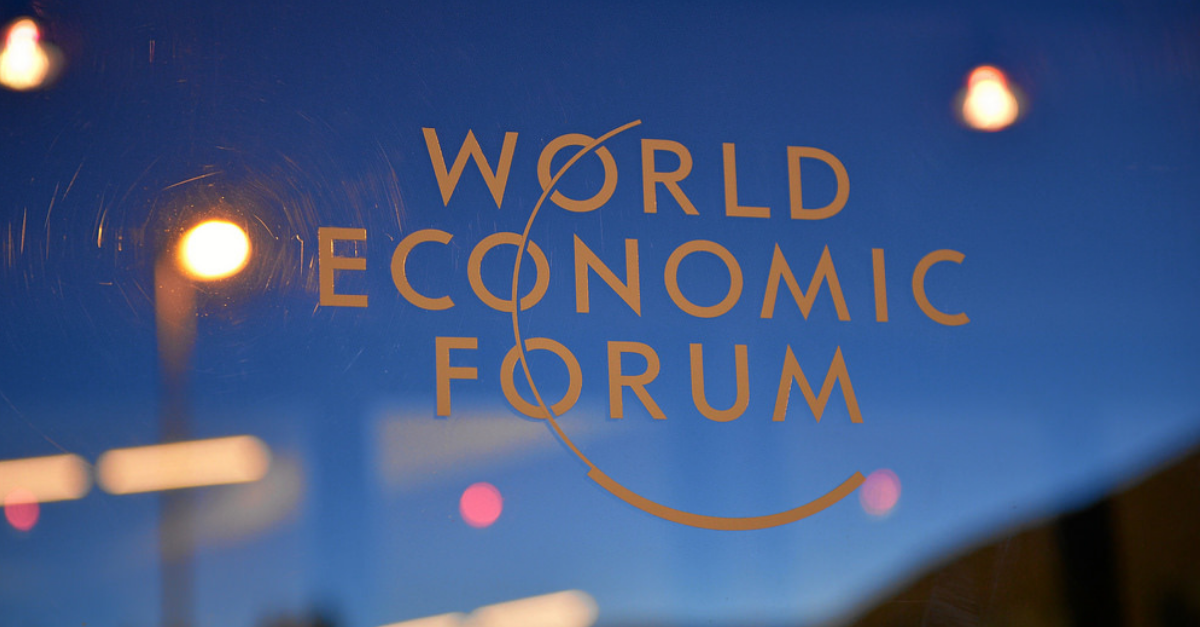Reducing deforestation means getting serious about environmental crime
By Ilona Szabó, Robert Muggah and Brodie Ferguson
Published in the World Economic Forum
The Amazon Basin is approaching a dangerous tipping point. Within a few years the world’s largest tropical forest could experience a ‘die-back’ that would not just affect South American countries, but deal a fatal blow to global efforts to reduce carbon emissions. It is no secret who is to blame. The principal culprits are the constellation of industries and individuals responsible for illegal deforestation. More than 90% of all deforestation is illicit, which means that tackling environmental crime is key to progress on climate action.
The sheer scale of devastation of the Amazonian forest is literally breathtaking. Despite international outrage and condemnation, deforestation rates jumped 55% across the region in the first four months of 2020 compared to the same period last year. Virtually every scientist studying the Amazon believes there is no good reason to cut a single tree down – what is required is to enact zero-deforestation policies, make existing land more productive and to restore degraded soil.
Read more



